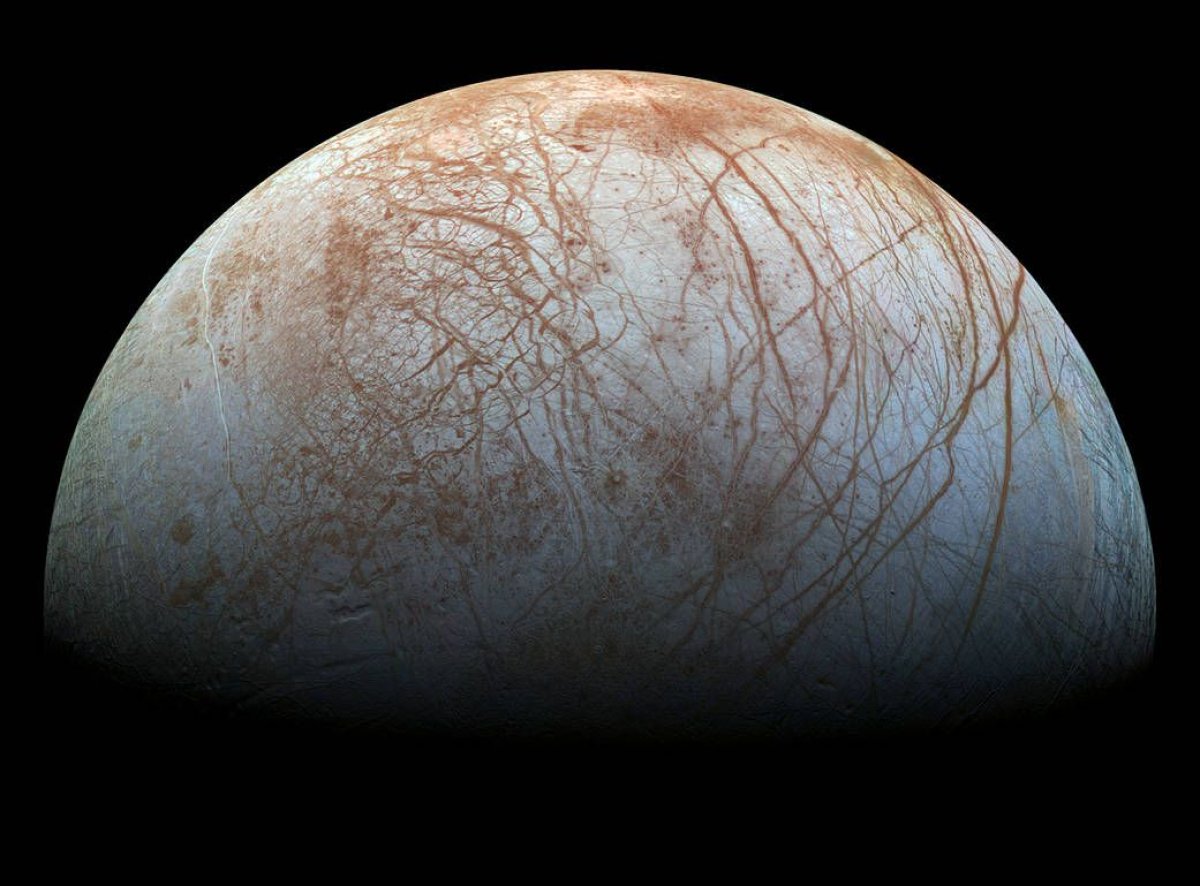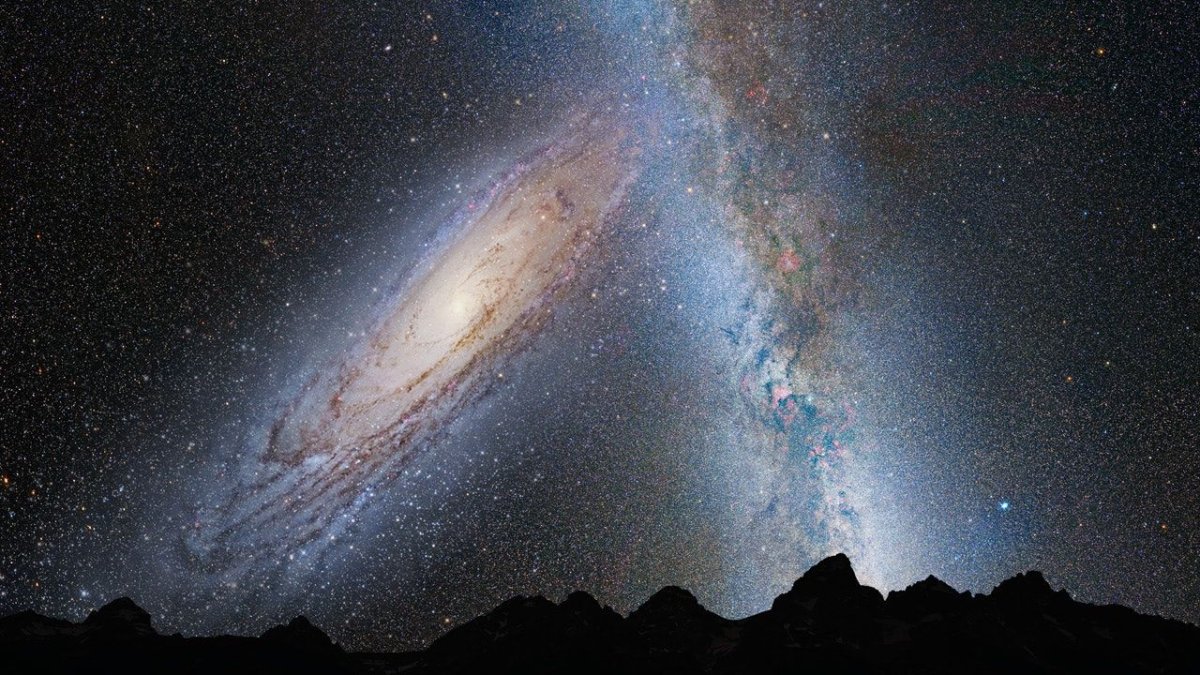Signs of alien life could be discovered in the next 10 to 20 years, a British scientist has said.
David Clements, from London's Imperial College, says ongoing observations of the solar system and technological advances are making the chance of uncovering extraterrestrial life in the near future a realistic possibility.
In a study that has been accepted for publication in the Journal of the British Interplanetary Society, Clements looks at the Fermi Paradox. This is a conundrum relating to the existence of aliens—other forms of life should be abundant across the universe, yet we have never found any evidence of it.
In an attempt to answer this question, Clements looks at the history of life on Earth, the conditions that are thought to be necessary for life to exist, and—with these in mind—the presence of potentially habitable planets and moons in the solar system.
Life on Earth, the paper notes, arose relatively quickly after Earth first formed, just over 4.5 billion years ago. At this time, our planet was a fairly hostile place—the surface, he notes, was largely molten. Life can also exist in parts of the Earth once thought to be inhospitable—it is found at hydrothermal vents at the bottom of the ocean and in subterranean lakes miles beneath the ice of Antarctica.

With this in mind, Clements says that all we need for life to exist is the presence of water and some form of energy. In our solar system, there are a number of celestial bodies that have these conditions—mainly the moons of the gas giants Jupiter and Saturn.
As a result, he says life—intelligent or otherwise—could well exist, it is just forever locked away: "We are left with the rather chilling prospect that the galaxy may be filled with life, but that any intelligence within it is locked away beneath impenetrable ice barriers, unable to communicate with, or even comprehend the existence of, the universe outside," he writes.
As to what such life could be like, he told Newsweek: "Intelligent sub-ice life would certainly be very different, but I've seen no evidence that it would be impossible. Indeed the capabilities of octopuses… are quite surprising. Technology in a water environment, if developed, could be quite different from what we're familiar with."
Explaining how we are getting closer to finding alien life, he said: "There are a number of missions and observing facilities coming up over the next 10-20 years that will significantly boost our ability to detect life elsewhere." These include planned missions to look for life on Jupiter's moon Europa, and the launch of the James Webb Telescope, which will allow scientists to look for signs of life coming from planets beyond our solar system.

Claudio Grimaldi, from France's Ecole Polytechnique Fédérale de Lausanne (EPFL), said the progress being made in our capabilities to detect life elsewhere in the universe now offers "unprecedented opportunities in the next few decades." However, he also said he disagrees with the argument that icy moons offer a better chance of finding life than other Earth-like planets. He said that at the moment, evidence does not support this.
Grimaldi also warns against inferring too much about life elsewhere in the universe from our experience of it on Earth. "This standard argument has been criticized on several occasions, basically because a single datum is inconclusive," he said.
To this Clements agrees, but says Earth is currently the only model we know—so is the only one we can use. "One could speculate about life based on ammonia rather than water, or silicon rather than carbon, but we don't have any information about such life to constrain such speculations. This is great for science fiction but not for a scientific paper which has to be rather more conservative and better rooted in what we know we know."
Uncommon Knowledge
Newsweek is committed to challenging conventional wisdom and finding connections in the search for common ground.
Newsweek is committed to challenging conventional wisdom and finding connections in the search for common ground.
About the writer
Hannah Osborne is Nesweek's Science Editor, based in London, UK. Hannah joined Newsweek in 2017 from IBTimes UK. She is ... Read more
To read how Newsweek uses AI as a newsroom tool, Click here.








